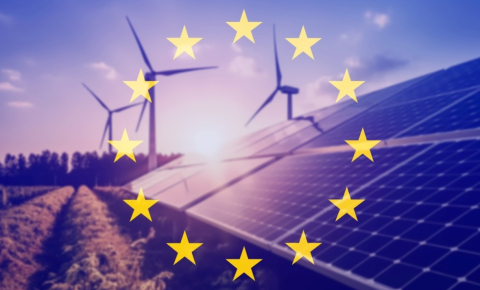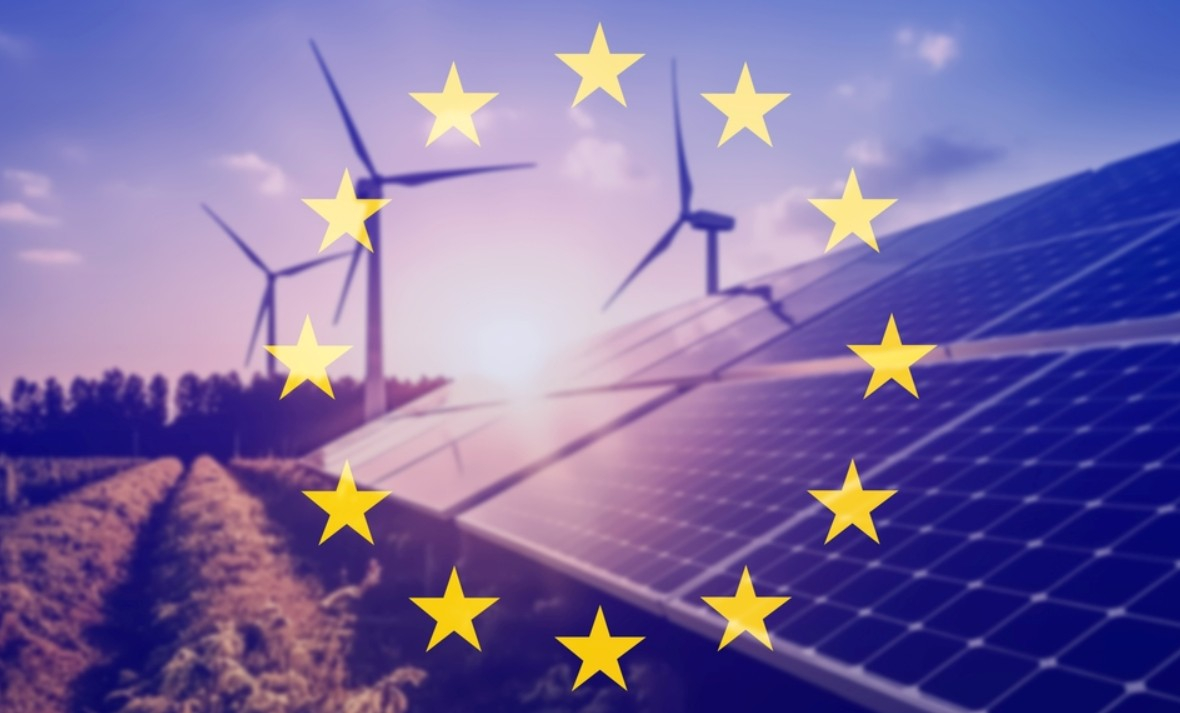European Strategic Autonomy or New Dependence? Russian Gas, Transatlantic Pressures, and the Green Deal

Practical information
Themes and regions
Related centers and programs

European energy policy sits at the fault line of geopolitical conflict, climate obligations, and transatlantic bargaining. While Hungary, Slovakia and others remain heavily reliant on Russian gas, the EU has sought to harden its stance through sanctions -most recently with Ursula von der Leyen’s announcement of a ban on Russian LNG imports in the 19th package.
The U.S.-brokered Turnberry Agreement of Summer 2025, obligating the EU to purchase $750 billion in American energy, and Trump’s conditional sanctions strategy -tying U.S. measures against Russia to Europe’s full disengagement from Russian supplies- further complicate the picture. Meanwhile, debates over France’s nuclear model, the future of the Green Deal, and whether to build genuine energy sovereignty rather than shift dependence onto new partners reflect Europe’s internal tensions. Unifying the European energy market emerges as a critical step in balancing climate goals, resilience, and autonomy. How can EU policymakers design market integration to reduce vulnerability while maintaining competitiveness? And what policy framework can ensure that energy sovereignty aligns with both security imperatives and the Green Deal’s long-term objectives?
Opening
Dietmar Schweisgut, Secretary General of the Austro-French Centre for Rapprochement in Europe
Discussion
Loyle Campbell, Research Fellow at the Center for Climate and Foreign Policy, German Council on Foreign Relations (DGAP), Berlin
Antonia Colibășanu, Associate Professor at the National University of Political Studies and Public Administration, Bucharest and visiting researcher at the Centre de recherches politiques de Sciences Po (CEVIPOF), Paris
Diana-Paula Gherasim, Research Fellow, Head of European Energy and Climate Policies at the French Institute for International Relations, Paris
Agata Łoskot-Strachota, Coordinator of the Energy in Europe project at the Centre for Eastern Studies (OSW), Warsaw
Chair: Mario Holzner, Executive Director of the Vienna Institute for International Economic Studies, Vienna
Our partners
Related Subjects
Other events

EV Supply Chains for Japan and Europe: Strengthening Economic Security
Economic security aims to ensure the resilience of supply chains for key industries: the case of electric vehicle production in Japan and Europe will be discussed.

From Ambition to Action: Exploring Technological Partnerships with India
The 16th EU-India Summit, held on January 27th in New Delhi with European leaders António Costa, Ursula von der Leyen, and Prime Minister Narendra Modi, marks a significant milestone in deepening EU-India relations. At the same time, official bilateral visits from EU member states are on the rise, including that of the French President, who visited India in February to participate in the Artificial Intelligence Summit. As India asserts its technological ambitions and seeks to reduce its dependence on China, Europe is stepping up its efforts to diversify its strategic partnerships.







